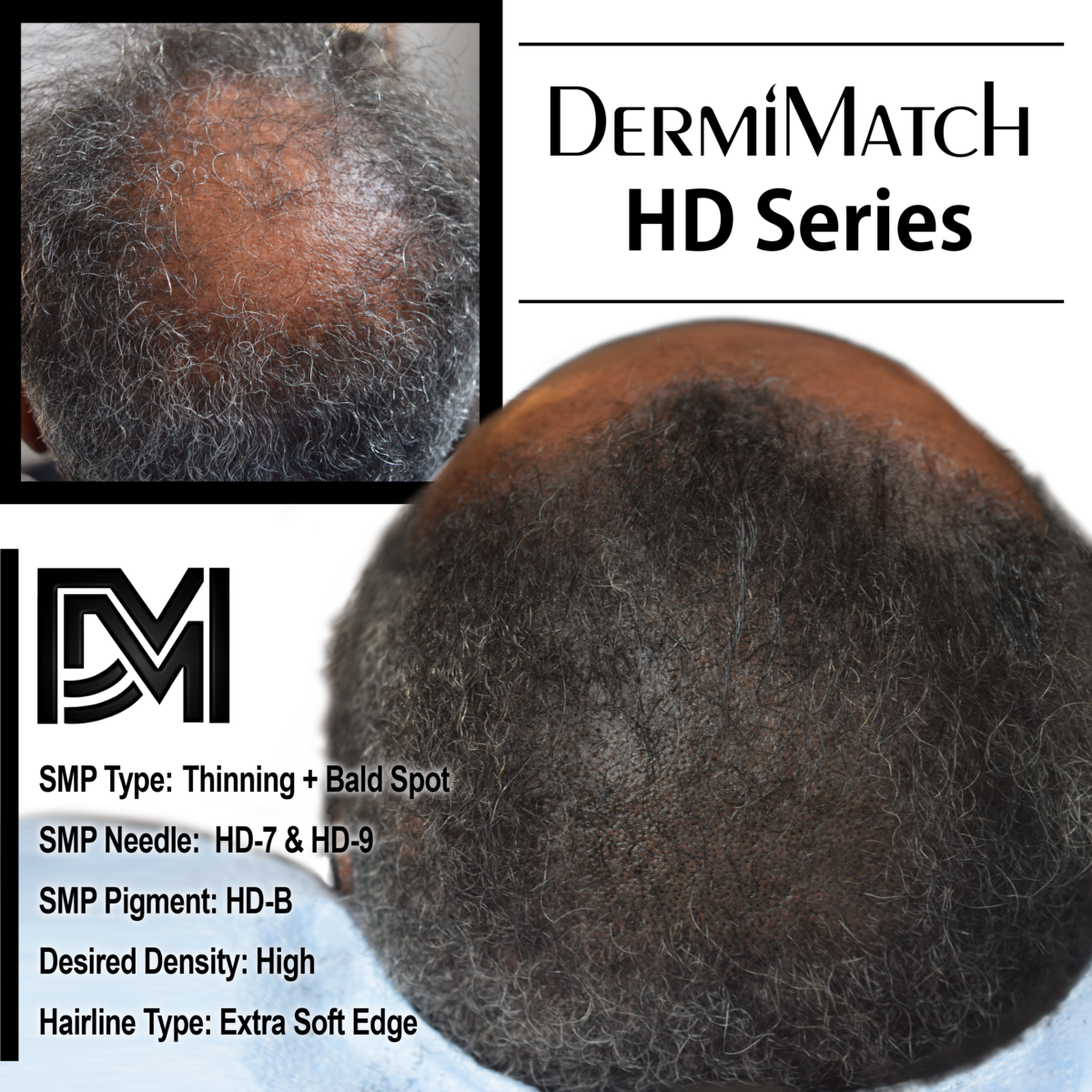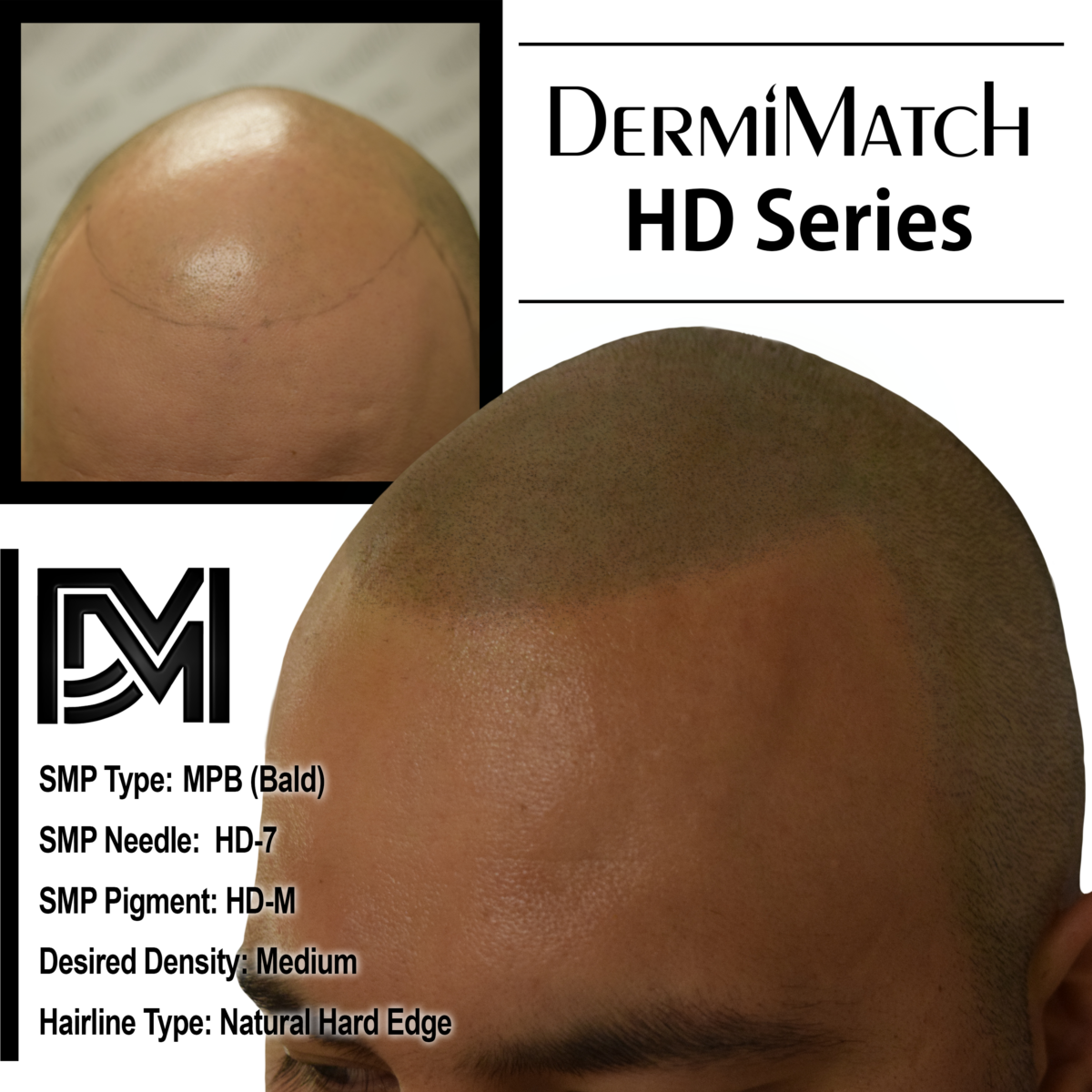The fat-soluble Vitamin E is crucial for the overall functioning of the body. It plays an important role in various bodily functions, including hair health. It helps to protect the scalp from oxidative stress, which can damage hair follicles and lead to hair loss. Additionally, vitamin E can improve blood circulation to the scalp. This emphasizes the role of Vitamin E in hair growth and thickness.
Does Vitamin E in Hair Growth Work?
Antioxidant Protection
Vitamin E acts as a powerful antioxidant, neutralizing harmful free radicals that can damage hair follicles. This protection helps to prevent premature hair graying and thinning.
Improved Blood Circulation
Adequate blood flow to the scalp is essential for delivering nutrients and oxygen to hair follicles. Vitamin E can help improve blood circulation by dilating blood vessels, promoting hair growth.
Scalp Health
A healthy scalp is essential for healthy hair growth. Vitamin E can help maintain scalp health by reducing inflammation and dryness.
List of Vitamin E-Rich Foods for Hair Growth
If you suffer from vitamin deficiency, try to incorporate more vitamin E into your diet.
Nuts and Seeds
Almonds, walnuts, sunflower seeds, and pumpkin seeds are excellent sources of vitamin E.
Vegetable Oils
Avocado oil, olive oil, and sunflower oil are rich in vitamin E.
Leafy Greens
Spinach, kale, and collard greens contain significant amounts of vitamin E.
Whole Grains
Brown rice, oats, and quinoa are some of the pseudo cereals that provide vitamin E along with other essential nutrients.
Scientific Evidence Supporting Vitamin E for Hair Growth
While research on the direct link between vitamin E and hair growth is limited, several studies have shown that vitamin E can improve scalp health and reduce hair loss. For instance, a study published in the International Journal of Trichology found that topical application of vitamin E can help reduce oxidative stress and improve hair growth in individuals with androgenic alopecia.
However, it’s important to note that more research is needed to establish a definitive link between vitamin E intake and hair growth. Various factors, such as genetics, hormonal imbalances, and other underlying health conditions, can also influence hair loss.
Scalp Micropigmentation: A Faster Solution for Hair Loss
While incorporating vitamin E-rich foods into your diet can be beneficial for overall hair health, it may take time to see noticeable results. For individuals who are experiencing significant hair loss and cannot wait for dietary changes to produce results, scalp micropigmentation may be a viable option.
Scalp micropigmentation is a non-surgical procedure for hair camouflage. It involves depositing tiny dots into the scalp. These dots create the appearance of follicles and look like shaved hair. This technique can help to disguise hair loss and restore a fuller appearance of hair.
In conclusion, vitamin E-rich foods can play a role in promoting hair health by protecting the scalp from oxidative stress and improving blood circulation. However, it’s essential to consult with a healthcare professional for personalized advice and to address any underlying health issues that may be contributing to hair loss. If you’re seeking a faster solution for hair loss, scalp micropigmentation may be worth considering.
SMP is a non-invasive technique to conceal hair loss and other scalp issues. Get in touch with an SMP expert in Arizona for best results so you do not have to regret later.
DermiMatch Clinic is happy to help. Consult Arizona SMP professionals now.


